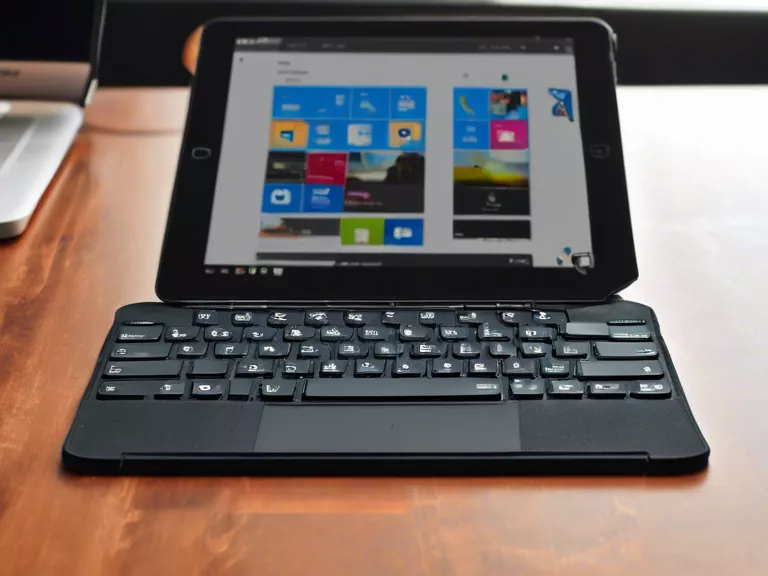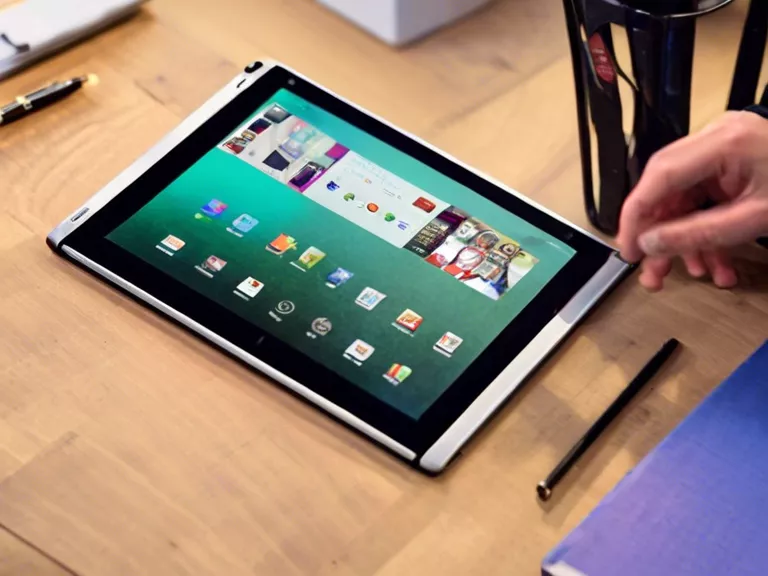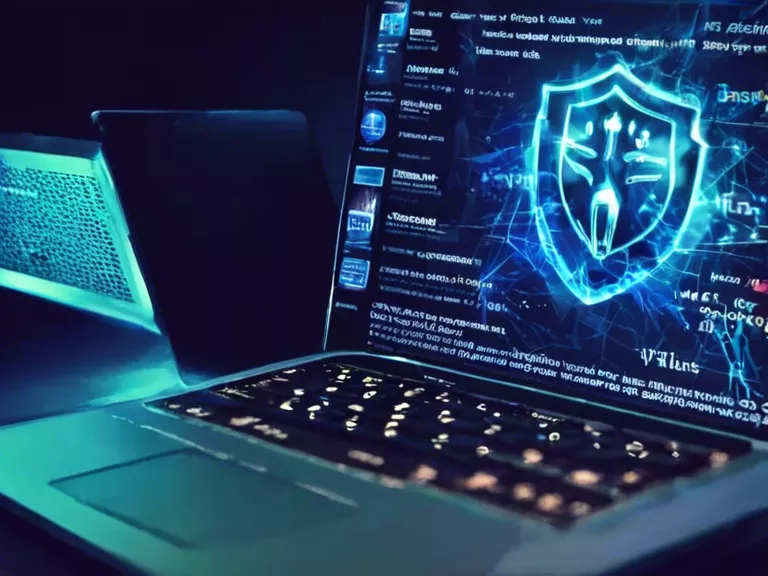
In today's digital world, securing your laptop is crucial to protect your sensitive information from prying eyes. One of the most effective ways to do this is by enabling password protection and using encryption tools. In this article, we will discuss how you can secure your laptop with these two important security measures.
Password Protection: The first step to securing your laptop is setting a strong password. Your password should be unique and complex, combining letters, numbers, and special characters. Avoid using easily guessable information like birthdays or pet names. You can set up a password in the settings of your operating system, such as Windows or macOS. Make sure to enable password protection so that your laptop requires a password every time it wakes from sleep or is restarted.
Encryption Tools: Encryption is the process of encoding information so that only authorized parties can access it. By encrypting your laptop's hard drive, you can prevent unauthorized users from reading your data even if they physically access your device. Most modern operating systems have built-in encryption tools such as BitLocker on Windows and FileVault on macOS. Enable encryption on your laptop and make sure to back up your encryption key in a secure location in case you forget your password.
By combining password protection and encryption tools, you can significantly enhance the security of your laptop and safeguard your personal and sensitive information. Remember to keep your password secure and regularly update it to stay one step ahead of potential threats.



